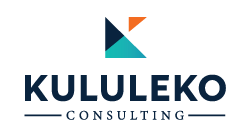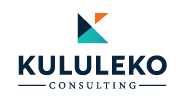Unlocking industry potential through
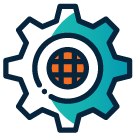 Industry-Relevant
Industry-Relevant
Curriculum Architecture
Kululeko Consulting’s approach to curriculum design guarantees alignment between curriculum and industry standards, by incorporating current best practices and regulations. This ensures that graduates are thoroughly prepared for the challenges of the workforce. Practical skills take centre stage, with a focus on hands-on learning and real-world projects that mirror industry challenges.
We prioritise collaboration with industry professionals to stay abreast of current trends and address skill gaps. We adapt flexibly and quickly to technological advancements and market shifts. All of our workplace readiness programmes are industry-specific and offer career-focused modules, including resumé building and professional development, which prepare students for seamless integration into their chosen fields.
Through continuous evaluation and feedback, we maintain our commitment to improving and refining our curriculum to meet evolving industry needs.
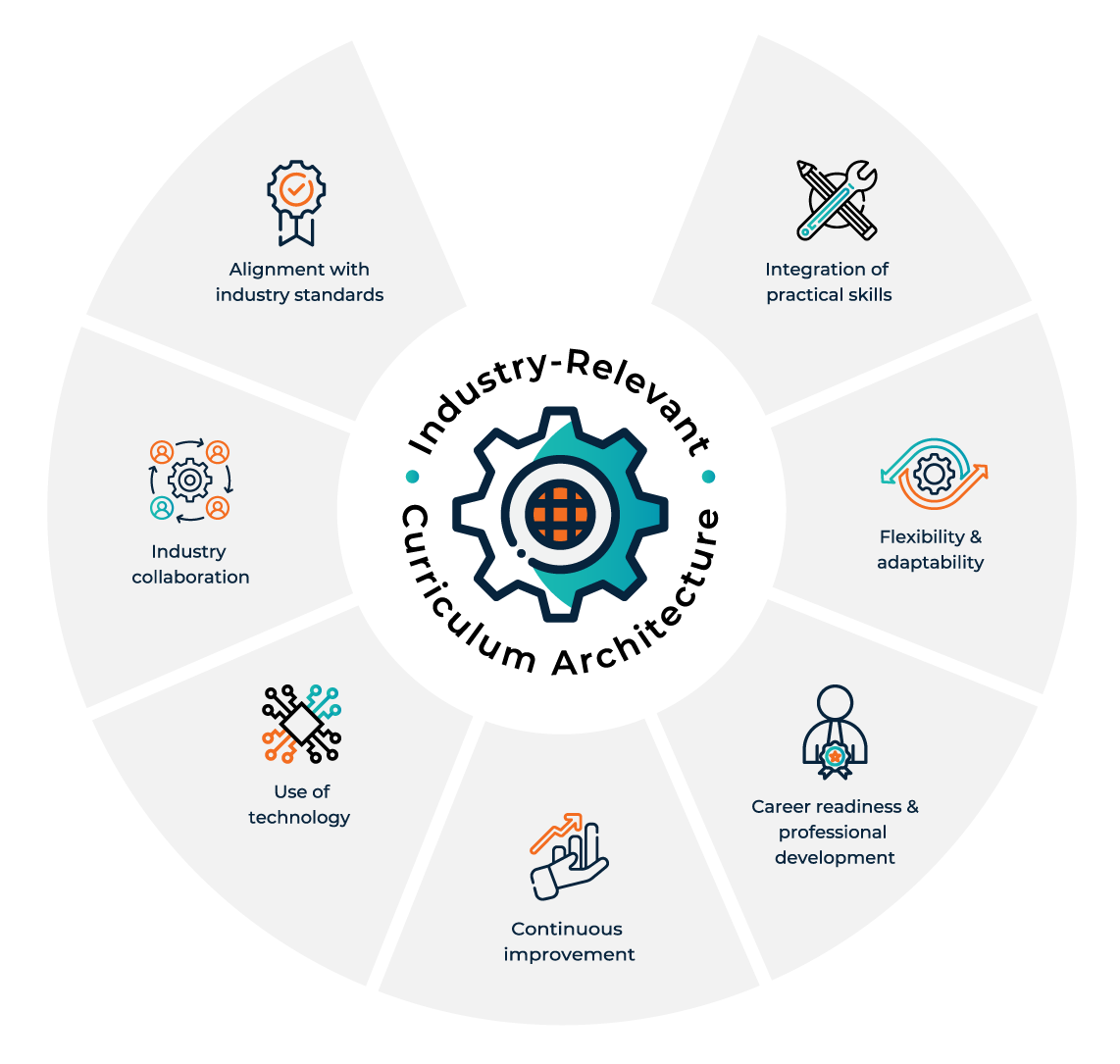
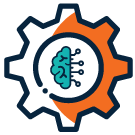 E-learning
E-learning
Content Creation
At Kululeko Consulting, we prioritise learner-centred online training methods that empower employees to take charge of their professional development journey. We champion self-guided exploration and encourage individuals to navigate training topics autonomously. By allowing employees to adapt their own learning experience to their specific interests and skills gaps, we foster a culture of continuous learning and self-improvement. This approach both ensures that employees are actively engaged in their learning process and enables them to address their unique development needs effectively.
We recognise the importance of real-world application in supporting learning outcomes. Our online training programmes are strongly practical: they include simulations, scenarios and serious games. These give employees the opportunity to apply their newfound knowledge directly to their roles. By engaging learners in hands-on experiences that mirror their day-to-day responsibilities, we facilitate deeper understanding and retention of concepts. This experiential learning approach both enhances skills acquisition and empowers employees to transfer their learning seamlessly into real-world situations. All of this results in performance improvement across the organisation.

Book a Consultation
With Us

Services SETA Accreditation No: 14331
